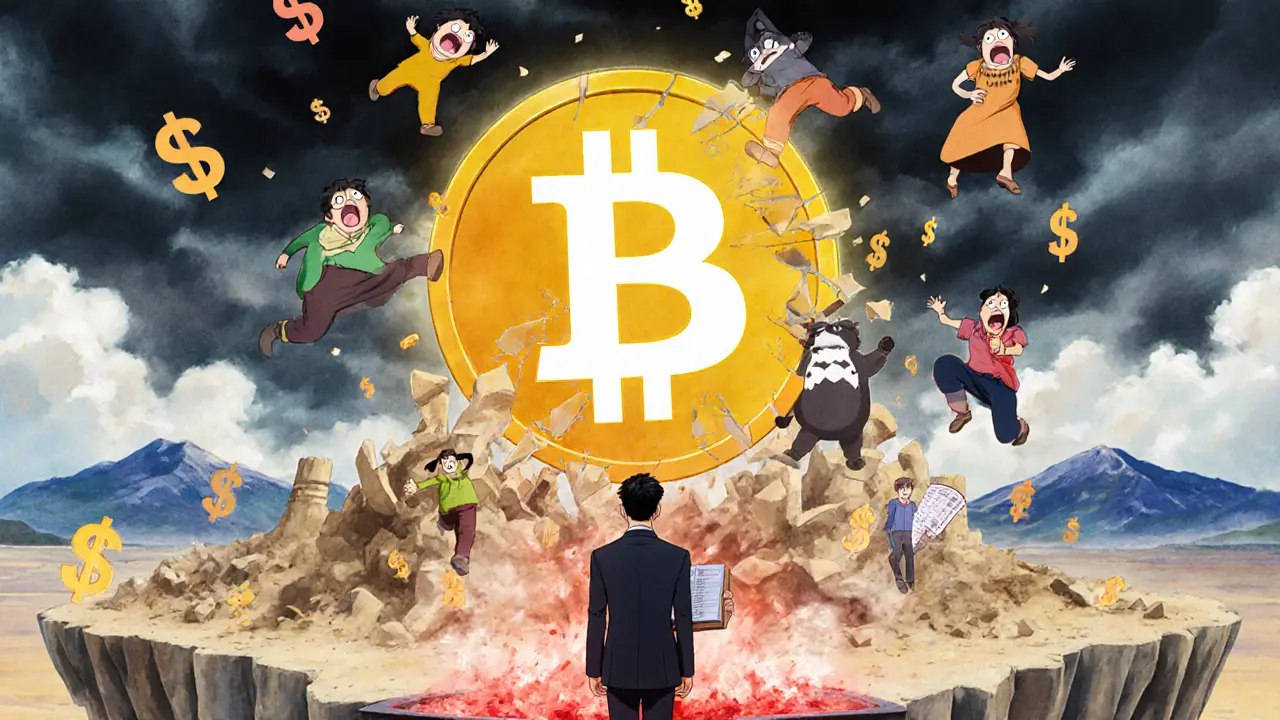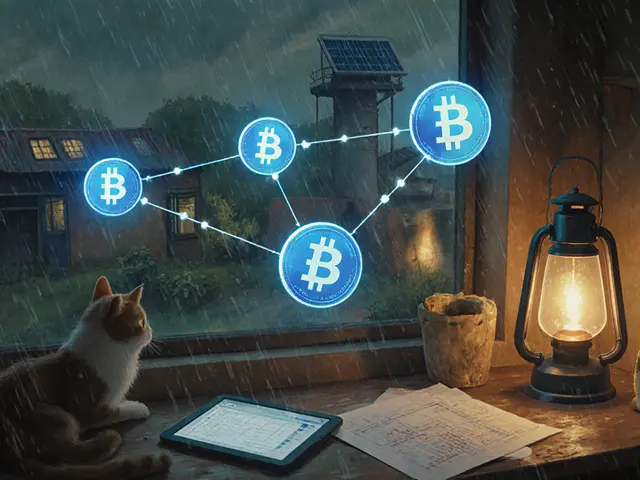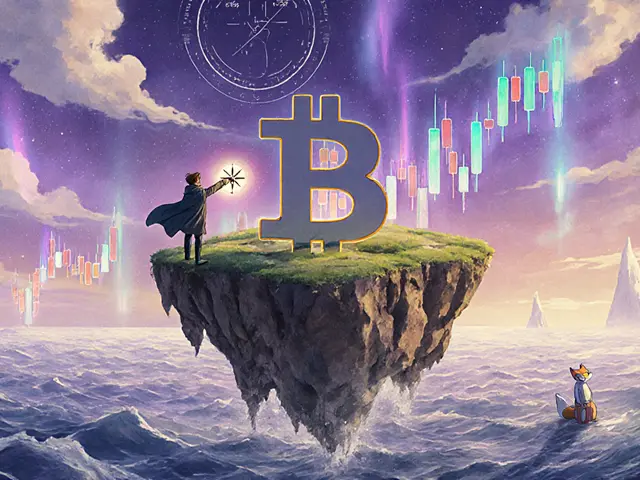SEC Cryptocurrency Enforcement: What It Means for Traders and Investors
When the SEC cryptocurrency enforcement, the U.S. Securities and Exchange Commission’s actions against crypto firms for violating securities laws. Also known as crypto regulatory crackdown, it directly impacts every trader, exchange, and token issuer operating in or targeting U.S. markets. This isn’t just about fines—it’s about who gets to operate, what assets are legal to trade, and where your money might vanish overnight.
The SEC, the U.S. government agency responsible for regulating securities markets doesn’t care if you call a token a "utility" or a "coin." If it acts like a security—offering profit expectations from others’ work—it’s a security. That’s why platforms like Karatbit, a gold-backed crypto exchange flagged for lacking proper oversight, and Scalpex, a derivatives exchange with no transparency or liquidity show up in our reviews: they’re operating in gray zones the SEC is actively shutting down. Even decentralized exchanges like Shido DEX, a low-volume, unsupported decentralized exchange aren’t safe if they list unregistered tokens. The SEC doesn’t need to prove fraud to act—just lack of registration.
What does this mean for you? If you’re trading tokens like KodexPay (KXP), a high-risk BEP-20 token labeled a potential scam, or chasing airdrops like ExzoCoin 2.0 NZT, a token distributed via a DEX with unclear legal standing, you’re gambling not just on price—but on regulatory survival. Countries like Pakistan and Morocco are building their own crypto rules, but if your exchange or token targets Americans, the SEC’s reach is global. You can’t hide behind "it’s decentralized" or "we’re not in the U.S."—if Americans trade it, the SEC watches.
The pattern is clear: the SEC targets platforms with low liquidity, no transparency, and no compliance. That’s why we review exchanges like MorCrypto, a crypto platform analyzed for security and regulatory risks and HollaEx, a white-label exchange platform used by unregulated operators—they’re ground zero for enforcement risk. Even DAO governance tokens, like those in DAO governance, token-based voting systems that can be classified as unregistered securities, are under scrutiny. If voting power is tied to token ownership and used to raise funds, it’s likely a security.
You don’t need to be a lawyer to stay safe. Know this: if a project doesn’t answer questions about legal status, if it pushes high returns with no clear business model, and if it’s listed on a small, unknown exchange—it’s a red flag the SEC is already chasing. The posts below show you exactly which platforms, tokens, and strategies are under fire, which ones might survive, and how to protect your investments before the next enforcement notice drops.
SEC Crypto Enforcement: How $4.68 Billion in Fines Changed the Game
The SEC fined crypto firms $4.68 billion in 2024 - mostly from one case. But by 2025, they dropped major lawsuits and shifted focus to fraud. Here's what changed and what it means for crypto investors and builders.





